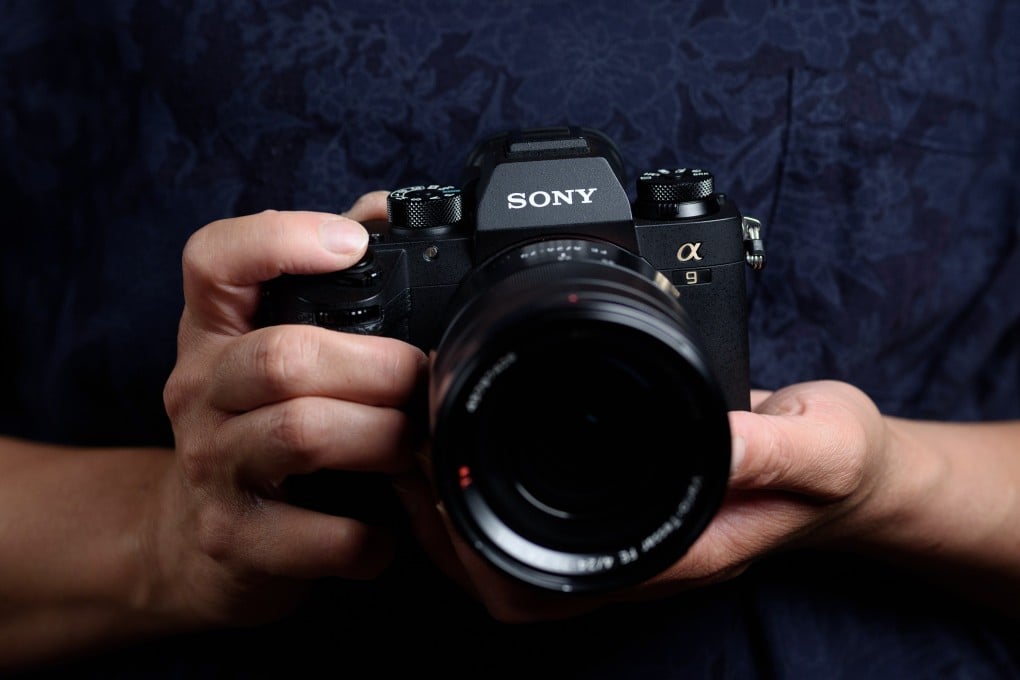Sony, Microsoft strike deal on tiny AI imaging chip with huge potential for cameras
- In a ‘world-first’ for commercial customers, Sony says it will partner with Microsoft to embed artificial intelligence capabilities into its latest imaging chip
- The module has its own processor and memory built in, allowing it to analyse video without sending any data through remote servers

The new module’s big advantage is that it has its own processor and memory built in, which allows it to analyse video using AI tech like Microsoft’s Azure, but in a self-contained system that is faster, simpler and more secure to operate than existing methods.
The two companies are appealing to retail and logistics businesses with potential uses like optimising warehouse and factory automation, quantifying the flow of customers through stores and making cars smarter about their drivers and environment.
At a time of increasing public surveillance to help rein in the spread of the novel coronavirus, this new smart camera also has the potential to offer more privacy-conscious monitoring. And should its technology be adapted for personal devices, it even holds promise for advancing mobile photography.
Instead of generating actual images, Sony’s AI chip can analyse the video it sees and provide just metadata about what is in front of it – saying instead of showing what is in its frame of vision. Because no data is sent to remote servers, opportunities for hackers to intercept sensitive images or video are dramatically reduced, which should help allay privacy fears.